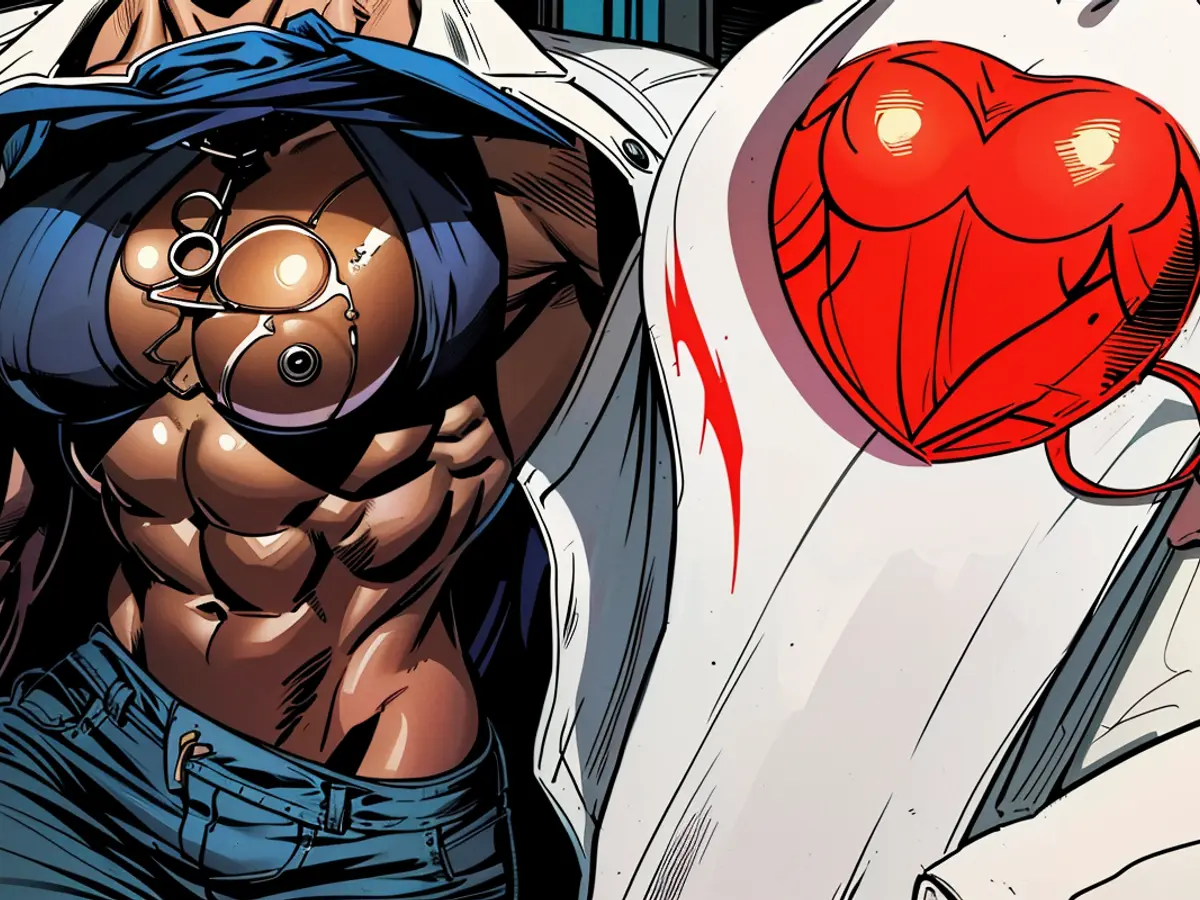- Summer hole in blood and plasma donation in Thuringia
Blood donation services in Thuringia are feeling the impact of the summer and vacation season. "In July, donation willingness has sharply decreased. In the last 14 days, the donation volume was ten percent below the target," said Markus Baulke, head of the blood donation service of the German Red Cross (DRK), upon request. The stockpiles have therefore significantly decreased. To get through the summer, the offered donation dates need to be better attended. Both the Institute for Transfusion Medicine in Suhl and the company Plasma Service Nordhausen confirmed this trend.
In general, the donation volume in Thuringia has developed slightly positively in the past five years, said Baulke. While an average of 46 visitors per term came in 2022, the DRK recorded an average of 54 visitors per donation term in the first half of 2024. The current decrease is problematic due to the relatively short storage time for blood: While platelets can only be used for four days, red blood cells are only usable for a maximum of 49 days. The donations are used for the needs of the clinics.
A full blood donation helps up to three people
At the DRK donation dates, it's primarily about full blood donations, according to Baulke. Half a liter of blood with all its components is taken from the arm vein and then separated. "With one donation, up to three people can be helped, because recipients receive the components of the blood they need specifically," explained Baulke. In 2023, 999 dates were offered in 259 different locations in the Free State.
The Institute for Transfusion Medicine Suhl (ITMS) had another explanation for the decrease in donations in the summer, in addition to the interplay of vacation time, the European Football Championship, and the partly high temperatures. For returnees from certain vacation regions with specific health risks, there is a donation ban. This currently affects, for example, vacationers from the Vienna and South Tyrol regions, where various African viruses have occurred, said spokesman Wolfgang Wehner. Blood from donors contaminated with disease germs can be dangerous for the recipients of blood products.
Donation willingness in Thuringia is usually good
Normally, the ITMS keeps an average of 3,000 blood units in stock, said Wehner. In the meantime, this number has dropped to around 1,000. "Basically, the donation willingness in Thuringia is very good, it would be great if even more people would come in the coming weeks," said Wehner. Also, in comparison to the federal average, the donation volume in the Free State is usually quite high. However, it is questionable whether this will remain the case in the future due to the increasing average age.
Even specialized providers like Plasma Service Nordhausen are feeling the seasonal impact, as spokeswoman Janine Protsch reported: While the donor volume has increased in the past ten years, there is currently a slight decrease compared to 2023. Currently, donations are not always sufficient to cover demand. The EU is therefore dependent on the import of plasma from the USA. Blood plasma is used, among other things, for the production of medicines against hemophilia (bleeding disorder), for the treatment of immune defects, and in intensive and emergency medicine. Last year, 16,000 donation dates were offered in Nordhausen.
In principle, any healthy person aged 18 and above can donate blood and plasma. A local doctor, after examining the donor and the blood, decides whether they are allowed to donate, temporarily deferred, or even permanently excluded. Men can donate whole blood six times, women four times in twelve months, with at least eight weeks between individual donations. Due to the less stressful collection process, plasma can be donated up to 60 times a year. Some providers compensate donors for their expenses, while others do not.
Despite the general increase in donation volume over the past five years, the summer vacation season has led to a decrease in blood donations in Thuringia, making it challenging to meet the required donation volume. With a decrease in donations, the stockpiles have significantly decreased, and the holidays are an unscheduled break that disrupts the usual donation routine.
The Institute for Transfusion Medicine Suhl (ITMS) added that the decrease in donations is partly due to travelers from certain vacation regions with specific health risks, which results in a donation ban. The European Football Championship and high temperatures also contribute to the decrease in donations during the summer season.








